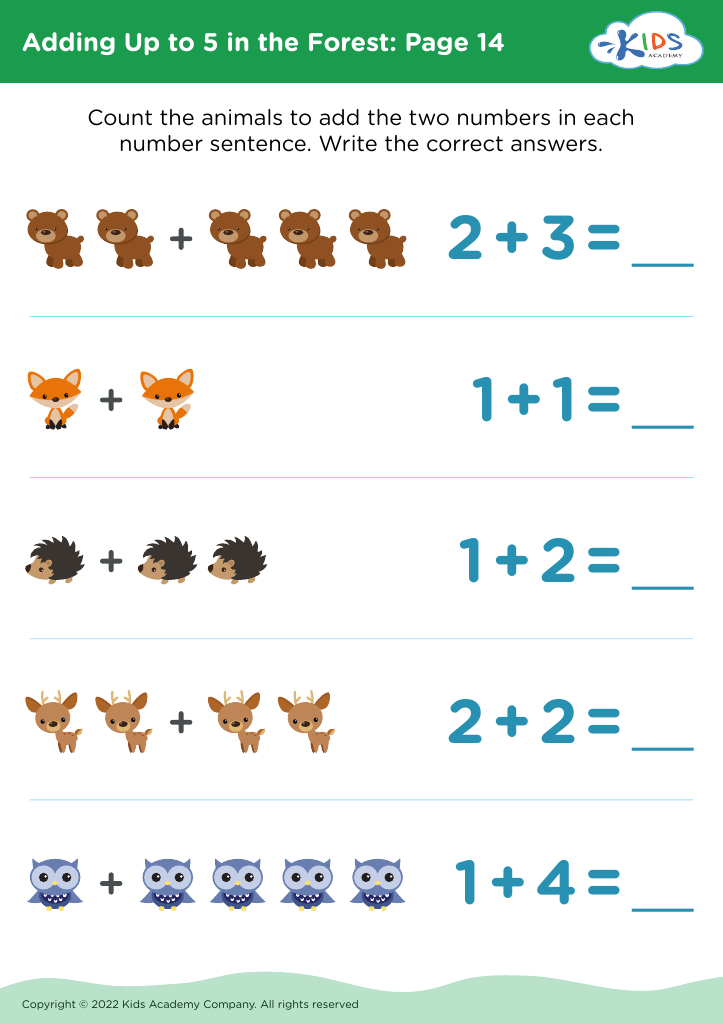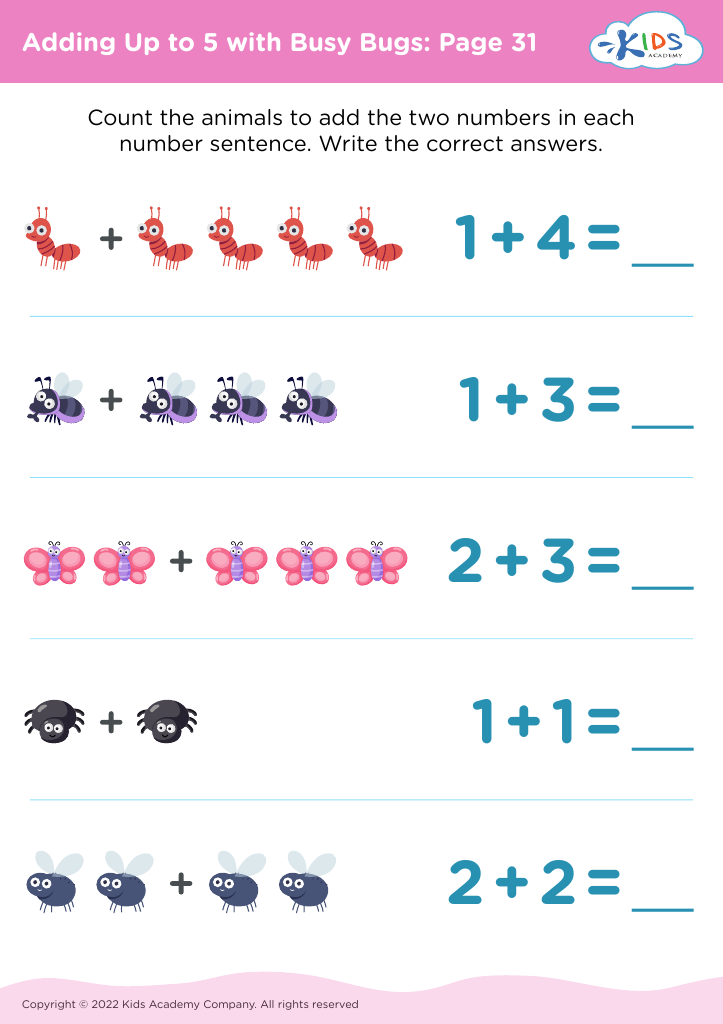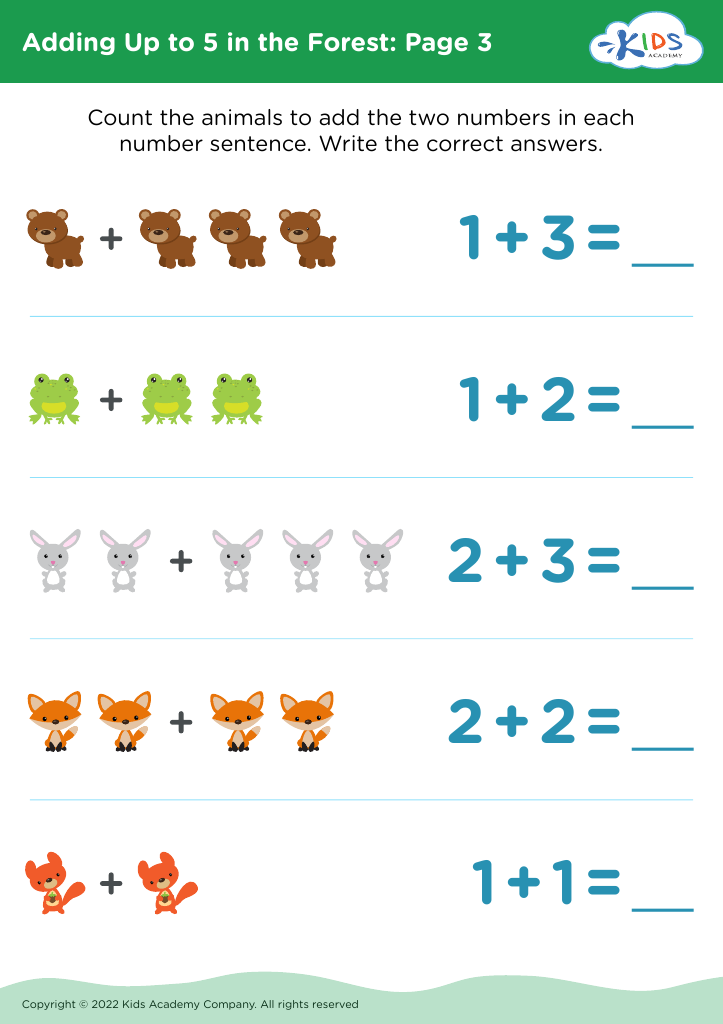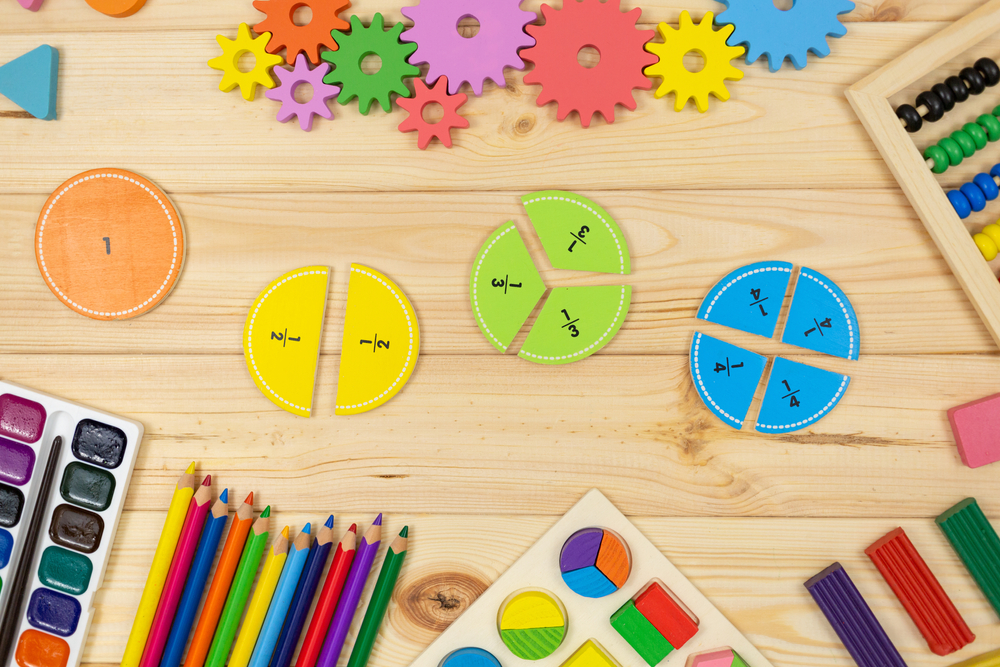Fine motor skills (drawing lines) Math Worksheets for Ages 4-9
7 filtered results
-
From - To
Develop essential fine motor skills with our specialized Math Worksheets for Ages 4-9! Designed to support young learners, these engaging activities focus on drawing lines, helping children enhance their hand-eye coordination and precision. Featuring a variety of math-related drawing exercises, our worksheets make learning fun and effective, laying a strong foundation for future academic success. Each sheet combines educational concepts with playful tasks, promoting both cognitive and motor development. Ideal for parents, teachers, and caregivers, these resources will ensure your child's fine motor skills flourish while they explore the world of math with confidence.
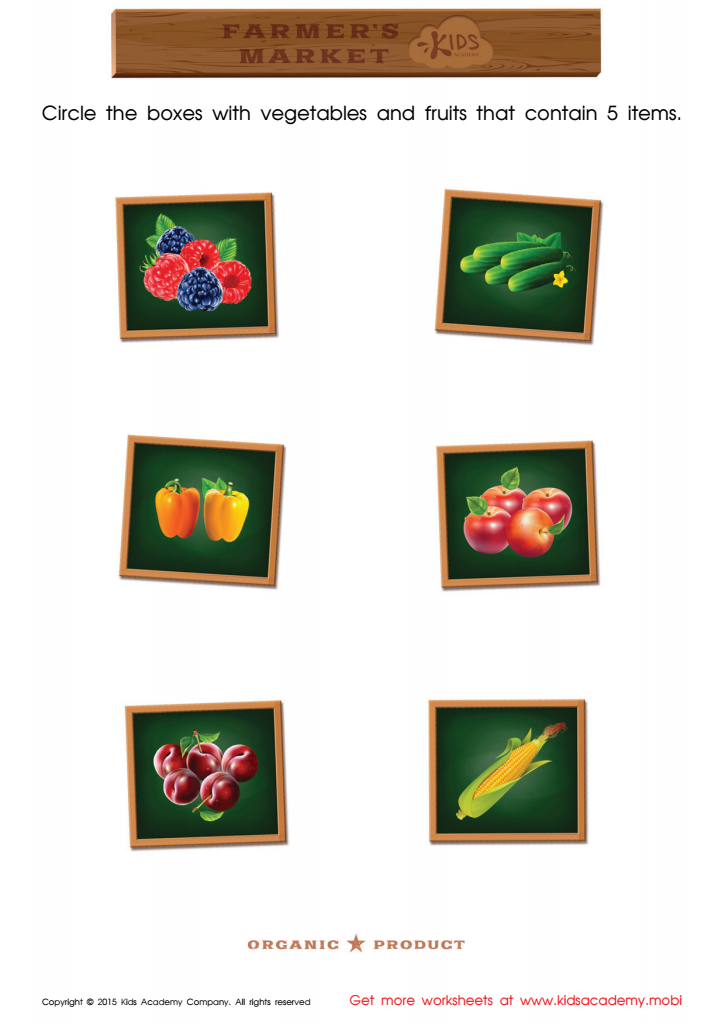

Count and Match Vegetables 1 – 7 Math Worksheet
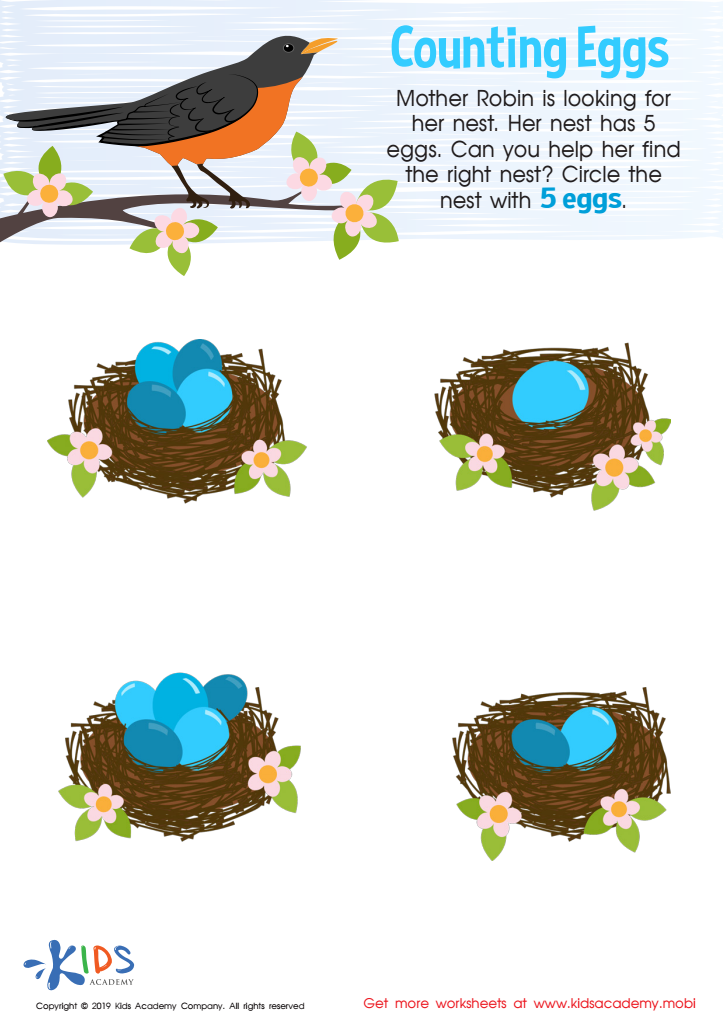

Counting Eggs Worksheet
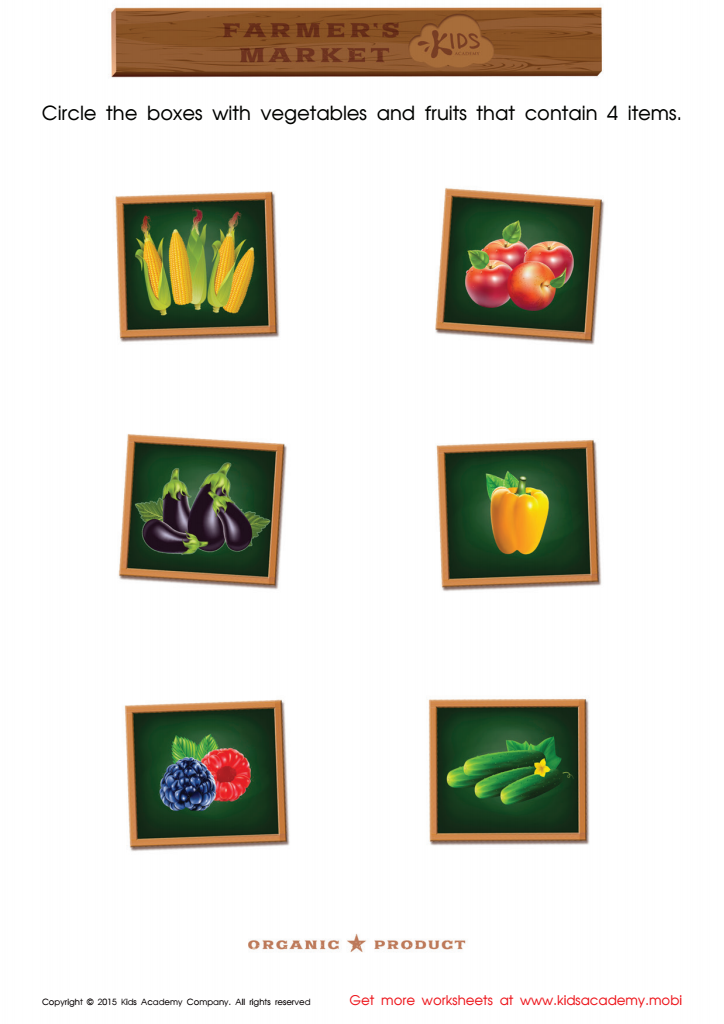

Count and Match Vegetables 2 – 8 Math Worksheet
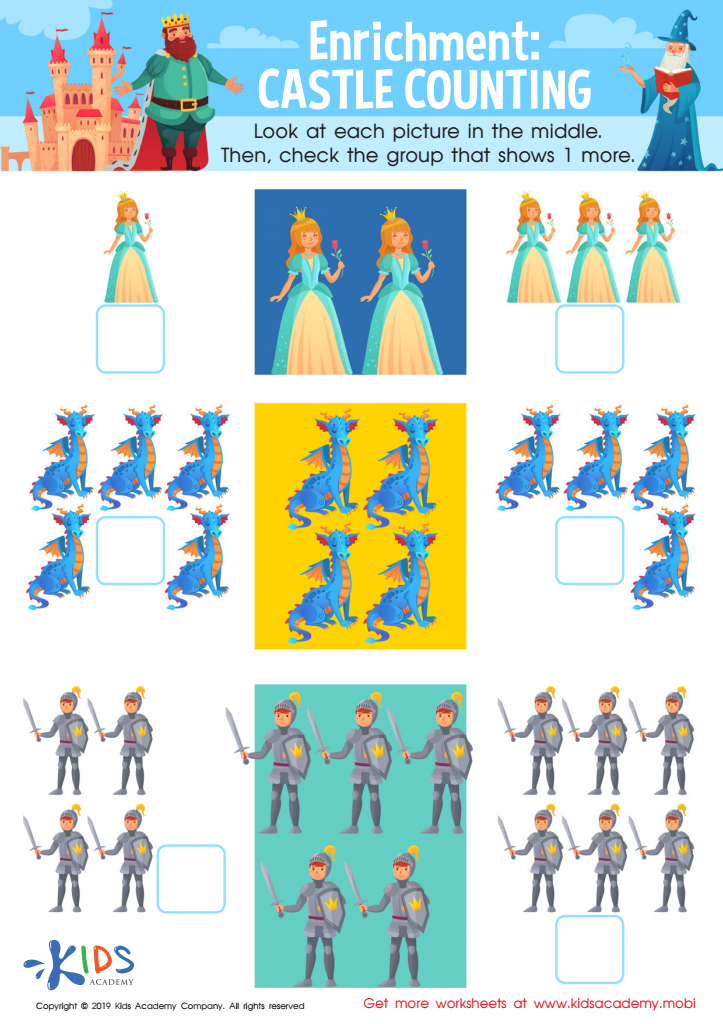

Enrichment: Castle Counting Worksheet
Fine motor skills, such as drawing lines, are crucial for children's overall development, especially in the formative ages of 4-9. These skills involve the coordination of small muscles, particularly in the hands and fingers, and are foundational for more complex tasks like writing, tying shoelaces, and using utensils. When children repeatedly practice drawing lines, they not only enhance their control and dexterity but also lay the groundwork for better handwriting.
In terms of math, drawing lines helps kids understand spatial relationships and geometric concepts. When they draw lines to form shapes, categorize objects, or create patterns, they are practicing essential pre-math skills. For instance, connecting dots in sequence enhances their ability to understand numerical order and sequence, fostering early arithmetic skills. These activities support cognitive development, aiding in problem-solving and critical thinking.
Moreover, fine motor skills are interconnected with academic achievement and self-esteem. A child adept at using these skills may find other educational tasks easier and be more confident in the classroom. Parents and teachers should prioritize activities that develop children's fine motor skills, as neglect in this area can hinder their academic progression and self-confidence. Therefore, proficiency in fine motor tasks such as drawing lines is foundational, supporting both literacy and numeracy crucially aiding in a child's holistic development.
 Assign to My Students
Assign to My Students

